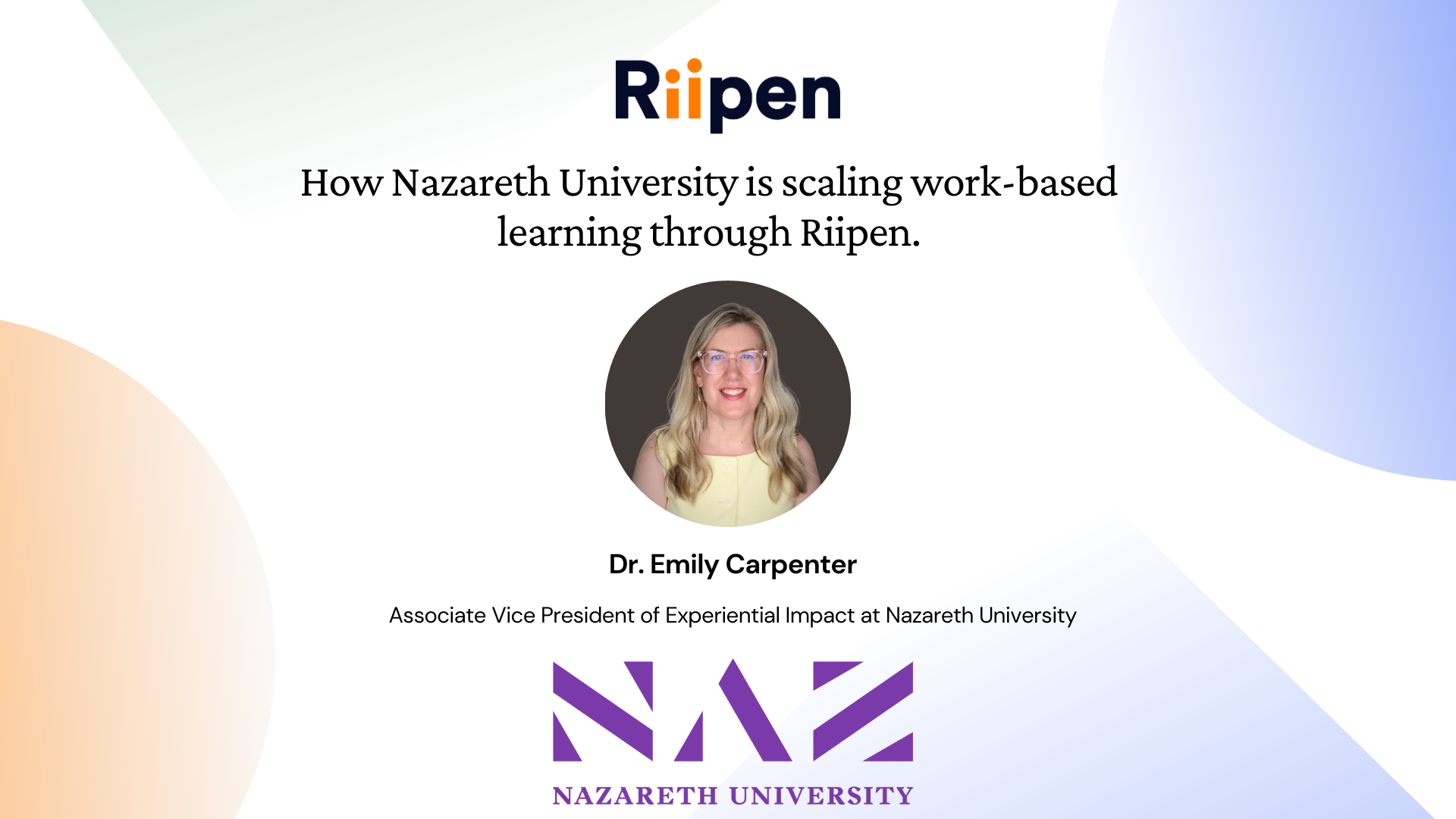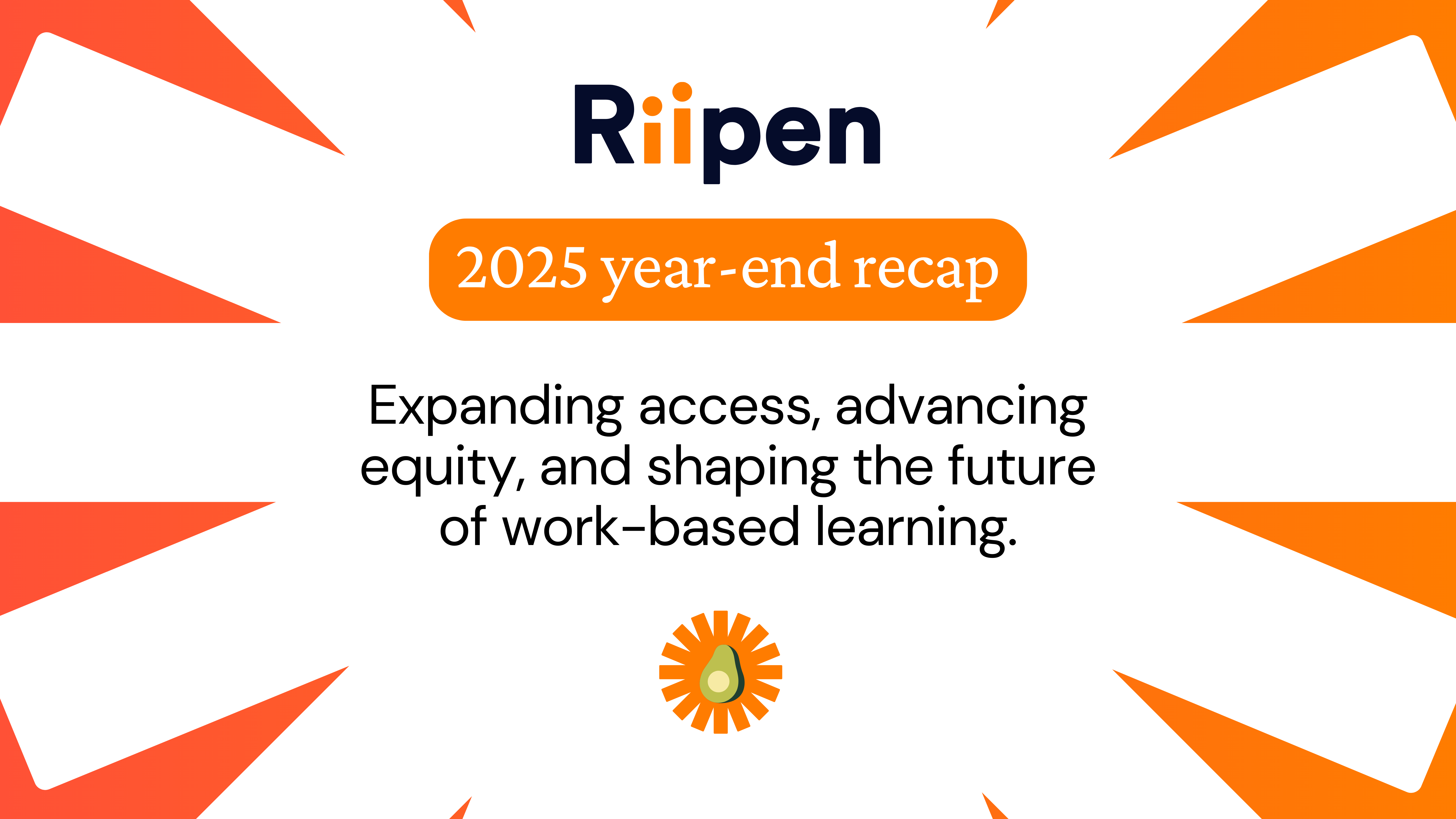Improving website accessibility with the Women’s Economic Council and Capella University

Working with students is a great way to tackle projects for businesses of any size and Riipen has had the pleasure of working with organizations across many different disciplines and industries. One of the wonderful organizations Riipen has had the chance of working with is The Women’s Economic Council (WEC), a non-profit organization dedicated to helping Canadian women, especially marginalized women and those at risk of poverty, achieve their economic goals.
Co-manager Serah Gazali and her team at WEC used Riipen to source student help on improving the organization’s website. The results of the project and ease of communication with talented students they were matched with amazed her. We had the opportunity to sit down with Serah to learn more about how the IT Graduate students at Capella University provided a comprehensive solution to making their organization’s website more accessible.
Project scope
The Women’s Economic Council’s vision is economic security for all Canadian women. As a non-profit organization advocating for the economic development of Canadian women, being accessible is an important value for the organization. A website audit conducted by James Escott, Adaptive Technology Program Facilitator at Empower, found that improvements to site accessibility for individuals with visual or auditory impairments were needed. Wanting to be inclusive to all individuals, Serah sought external help but found that the costs to hire IT professionals were out of reach for a non-profit organization’s budget.
Requiring support with the Django web framework of their website, Riipen connected the WEC with students in the IT Graduate program at Capella University, who happened to be learning the framework. Over 5 months, students met with Serah and worked to make improvements centered around accessibility issues.
Communication process
Working with volunteers often, Serah typically has to create busywork to keep volunteers occupied, while also supervising all activities.. Serah was glad that was not the case with this project as students came in with specific goals and expertises that they were spending their time executing. Serah found the communication with students to be efficient and effective and was glad that she did not have to provide lots of supervision because the professor was available to support the students.
“With Riipen, the relationship between us and the students was predefined and the project had a clear scope with clear expectations of what we would be getting… I like the process because it’s mediated by the professor, so there’s a sense of accountability and it’s super efficient,” explained Serah.
Impact on the organization
While reflecting on the impact the Capella University students had on her organization, Serah believes the students went above and beyond the initial objective. Not only were they able to improve the website’s accessibility, but the students also delivered a report for sustaining the website and for troubleshooting in the future. They also audited the website and made recommendations to improve sustainability. All of these deliverables helped Serah and her team save time and resources while fulfilling a need of the organization.
Once the project had concluded, students reached out to her and said that while their requirements for the course were complete, they would be interested in volunteering to help out further if the WEC needed more support. The students had done such an amazing job, that Serah offered them financial compensation, which the students turned down and returned as a donation to WEC.
Using Riipen as a non-profit
To any non-profit organizations who need projects completed, Serah recommends Riipen as a great tool. She attributes the WEC’s successful Riipen projects to having a strong understanding of the micro and macro of your project’s scope and purpose prior to starting the project.
For both non-profits and students, work-integrated learning with Riipen provides a valuable experience. “I think it gives students a taste of things they might want to explore in their field, and from our side as a non-profit, I think it’s great to be connected to academia who we can work with to find innovative solutions to social problems,” explained Serah.
--
To learn more about how your organization can get started with experiential learning, visit our website and keep up with Riipen on Twitter, Linkedin, Instagram, and Facebook.

About the author:
Aaron Chang is a Marketing Intern at Riipen, as well as a fourth-year Business student at Simon Fraser University. He is passionate about spreading positivity and creating connections with others. When he has the time, he loves writing short stories, binging anime, and having a little too much chocolate.










.png)



























